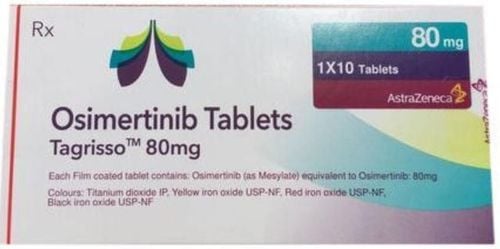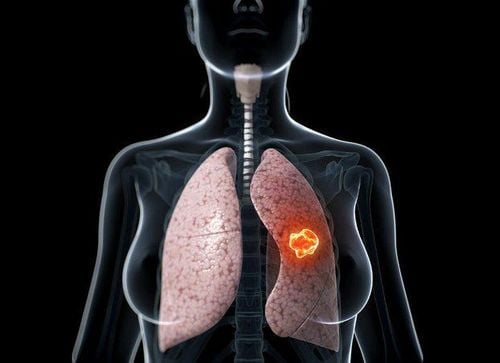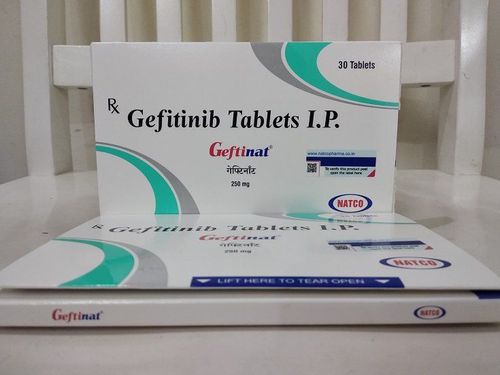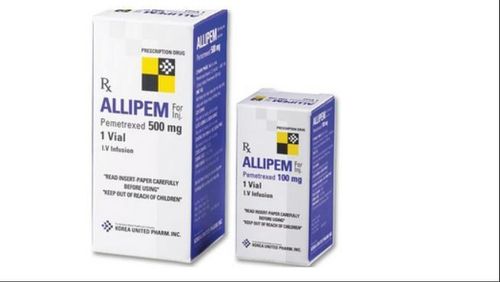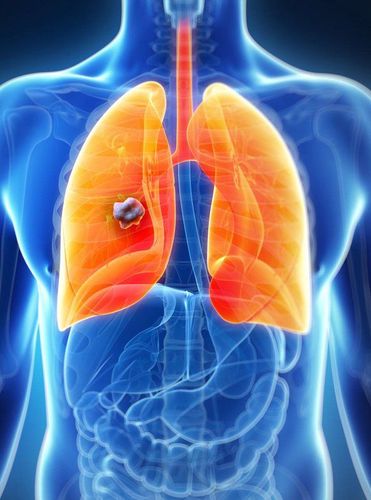This is an automatically translated article.
Post by Master, Doctor Mai Vien Phuong - Department of Examination & Internal Medicine - Vinmec Central Park International General Hospital
Lung cancer screening is the most effective measure to detect and promptly treat lung cancer, protect your health and life. Lung cancer screening helps to detect early stage lung cancer (if any), reducing lung cancer mortality by 20% compared with high-risk groups who have never been screened.
1. Increased screening will detect more early-stage lung cancer
A new study predicts that if medical care implements the American Preventive Health Organization's recommendations for lung cancer screening, the number of cases of lung cancer detected will skyrocket. The majority of cases are detected in the early stages of the disease, increasing the prognosis for survival.
USPSTF recommendations recommend annual low-dose computed tomography (LDCT) screening for lung cancer in high-risk patients. Now, in a new study, the first to focus on the medical care community, projects that implement this screening policy in a medical care program could lead to an estimated 54,900 additional cancer cases. lung cancer detected over a 5-year period.
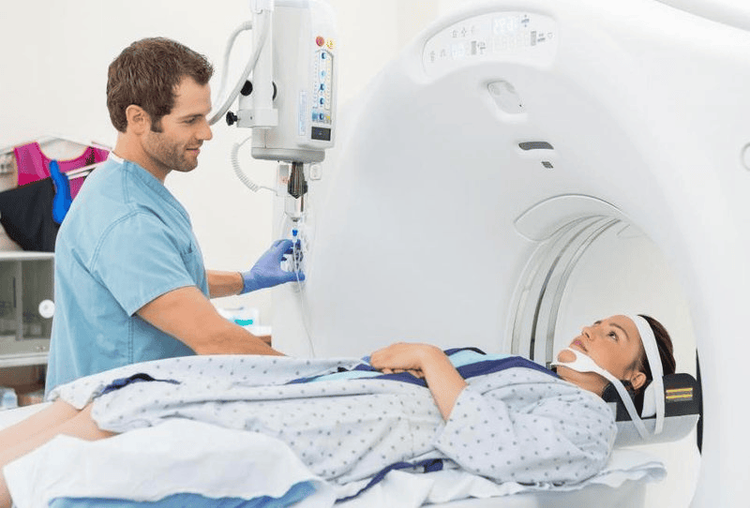
2. The medical care population has the highest rates of lung cancer
The medical care population, that is, the population undergoing routine medical screening, has the highest rates of lung cancer, and a large proportion of members qualify for screening. The new screening model estimates an early-stage diagnosis to increase from 15% to 33% within 5 years.
Study lead author Joshua Roth, Ph.D., MHA, at the Hutchinson Cancer Outcome Research Institute, noted in a press statement that lung cancer is the leading cause of cancer death. in the United States, mainly because lung cancers are not usually acquired until they are in an advanced stage.
Screening healthy adults aged 55 to 80
The American Preventive Medicine Organization recommends annual low-dose computed tomography screening in healthy 55- to 80-year-olds with a history of smoking 30 packs of cigarettes a day years, currently smokes or has quit in the past 15 years. The recommendations are based on findings from the National Lung Cancer Screening Trial, which showed a 20% reduction in lung cancer deaths with low-dose computed tomography screening compared with X-ray screening.
Trắc nghiệm: Hiểu về phổi của bạn
Phổi là một tạng lớn rất quan trọng và không thể thiếu trong cơ thể. Việc giữ cho lá phổi của bạn luôn khỏe mạnh, tránh khỏi những bệnh phổ biến về phổi là điều bạn cần lưu ý để giúp cơ thể bạn có thể vận hành tốt. Hãy cùng chúng tôi trả lời nhanh những câu hỏi trắc nghiệm sau sẽ giúp bạn hiểu về phổi của bạn hơn.
Bài dịch từ: webmd.com
The following content is prepared under supervision of Thạc sĩ, Bác sĩ y khoa, Nguyễn Huy Nhật , Nội Hô hấp , Khoa Khám bệnh & Nội khoa - Bệnh viện Đa khoa Quốc tế Vinmec Đà Nẵng
Higher costs associated with screening
According to the study, the model predicts that over a 5-year period, 20% more high-risk patients will be screened each year. If the new guidelines are implemented, it could lead to an additional $9.3 billion in costs over the next five years.
In the US, according to statistics, the cost analysis will include an additional $5.6 billion spent on low-dose CT imaging, $1.1 billion on diagnostic work and $2.6 billion other for cancer care costs. Total medical care spending over 5 years translates to a premium increase of three dollars per month for each member receiving medical care .
Commenting on the study, Benjamin Levy, MD, assistant professor of Medicine, Hematology and Medical Oncology, Icahn School of Medicine, said, “Lung cancer screening is the first to show reduced rates of cancer. lung cancer death with any screening modality. The results of this study need to be bolstered by the startling statistic that up to 65% of lung cancer patients have the disease in the late stages, where costly therapies lead to only a few survival improvements. months with very little, if any, cured. Therefore, possible increases in medical care premiums need to be placed in the context of the costs of treating these patients once they have a terminal illness.”
Needed resources
In the US, to help health care systems prepare for the implementation of the American Preventive Health Organization's screening policy, researchers are planning to look at the available resources and the need for additional scanners and technicians if medical care decides to cover screening.
Roth concludes that the program's success will depend on ensuring that those at high risk are indeed screened and then treated appropriately.

3. Who should be screened for lung cancer?
In short, a person with one of the following is a candidate for lung cancer screening: 55 to 80 years old; current smokers or people who quit smoking less than 15 years ago; have a smoking history of at least 30 years (the term pack/year is a way of determining how many cigarettes a person has smoked in his or her lifetime. One pack is equivalent to smoking 20 cigarettes; No symptoms. may be related to lung cancer; Be healthy enough to tolerate early stage lung cancer treatment; No chest CT scan in the past 12 months
Currently, Vinmec International General Hospital has Lung cancer screening package with many outstanding advantages such as: A team of highly qualified and experienced doctors; Having a full range of professional facilities to diagnose the disease and stage it before treatment: Endoscopy: Endoscopy , CT scan, MRI, histopathological diagnosis, gene - cell testing... There are full range of mainstream cancer treatment methods: surgery, radiation therapy, chemotherapy, stem cell transplant.. Help customers detect disease at an early stage for timely treatment.
Please dial HOTLINE for more information or register for an appointment HERE. Download MyVinmec app to make appointments faster and to manage your bookings easily.
ReferencesLung cancer prevention and early detection. (n.d.). cancer.org/cancer/lungcancer-non-smallcell/moreinformation/lungcancerpreventionandearlydetection/lung-cancer-prevention-and-early-detection-signs-and-symptoms Lung cancer. (2018). lung.org/lung-health-and-diseases/lung-disease-lookup/lung-cancer/ Malignant mesothelioma. (n.d.). cancer.org/cancer/malignant-mesothelioma.html Mayo Clinic Staff. (2018). Lung cancer. mayoclinic.org/diseases-conditions/lung-cancer/basics/alternative-medicine/con-20025531







